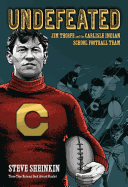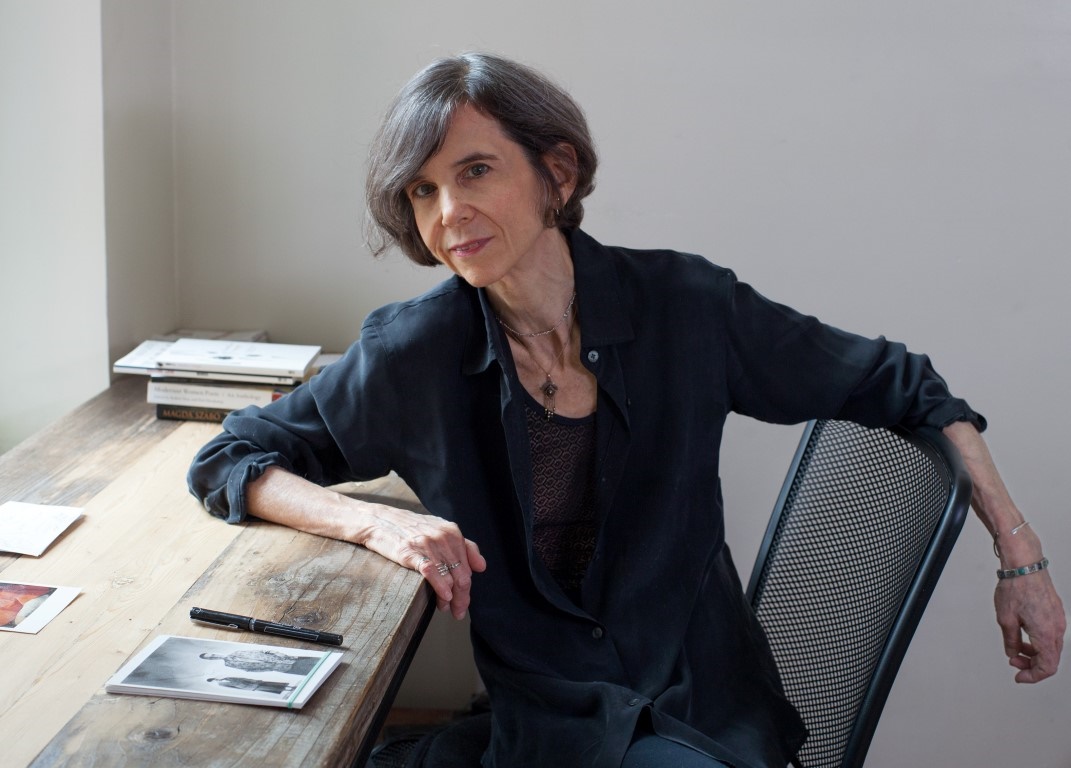 |
| photo: Nina Subin |
Laurie Sheck is the author of Island of the Mad (Counterpoint, December 13, 2016) and A Monster's Notes, a re-imagining of Mary Shelley's Frankenstein, which was selected by Entertainment Weekly as one of the 10 Best Fiction of the Year (2009), and long-listed for the Dublin Impac International Fiction Prize. A Pulitzer Prize finalist in poetry for The Willow Grove, Sheck has been a Guggenheim Fellow, as well as a fellow at the Radcliffe Institute for Advanced Study at Harvard, and at the Cullman Center for Scholars and Writers at the New York Public Library. Her work has appeared in numerous publications, including the New Yorker, the New York Times, the Paris Review and the Nation. She has taught at Princeton, CUNY and Rutgers, and is a member of the MFA faculty at the New School. She lives in New York City.
On your nightstand now:
The "bookstand" is books piled on the floor, but also my laptop, as some of what I read is solely digital. There are two books on astrophysics written in wonderfully accessible prose: Antimatter by the Oxford physicist Frank Close and Spooky Action at a Distance by George Musser. Also Sophie Calle's Suite Vénitienne, a small art book that documents Calle's following of a stranger down a Parisian street and ultimately to Venice. The digital work I'm reading, Sea and Spar Between by Nick Montfort and Stephanie Strickland, is a radiant computer-generated text that combines Melville's Moby-Dick and Emily Dickinson's poems in deeply patterned and near-endless variations.
Among the many piled books are also Cabinet and Bomb, my two favorite magazines, the timely Metadata by Jeffrey Pomerantz, In the Dark Room by Brian Dillon, Michelle Tea's new book, Black Wave, Eliot Weinberger's The Ghosts of Birds, Ethical Loneliness by Jill Stauffer and Geoff Dyer's But Beautiful, which I missed when it first came out; also The Anarchy of the Imagination, on and by R.W. Fassbinder, as well as Fassbinder's script for In a Year of 13 Moons. There is a space in the pile for a book I just ordered and am excited to get: Experience, edited by Carolyn A. Jones; its heat-sensitive cover by Olaf Eliasson changes in response to human touch. Last but not least, there's the 1956 pulp novel Linda Vale, Fashion Designer by the wonderfully pseudonymous Frances Dean Hancock.
Favorite book when you were a child:
I had a fierce attachment to Maurice Sendak's Nutshell Library, which consisted of four hardcover books in a decorative slipcase scaled to fit a child's hand. It struck me as an almost magical creation and incredibly benevolent and understanding of a child's-eye view of things. Also Dr. Seuss's Horton Hatches the Egg, in which Horton the elephant faithfully sits on a bird's nest warming an unhatched egg through all sorts of adverse conditions. "I said what I meant and I meant what I said, an elephant's faithful 100%." When the egg hatches it's a tiny elephant with wings. At the same time, I loved the ferocious justice and severe reckonings of Grimm's fairytales, as when Cinderella's stepsisters get their eyes plucked out by birds.
Your top five authors:
Ranking isn't really part of how I think, and preferences and needs often change. That said, there are certain writers whose work I feel deeply companioned by. Foremost is Dickinson, whose thought and radical re-seeing of practically everything she encountered is palpable in the astonishing dynamism of her language. Dostoevsky. Cáo Xuěqín, author of the great Chinese classic Dream of the Red Chamber. Gertrude Stein. Proust.
Book you've faked reading:
I haven't. There are plenty of books I've failed as a reader, having abandoned them for one reason or another. But I'm grateful for any part of a book I've responded to, even if I've been kind of crummy and haven't finished the whole thing.
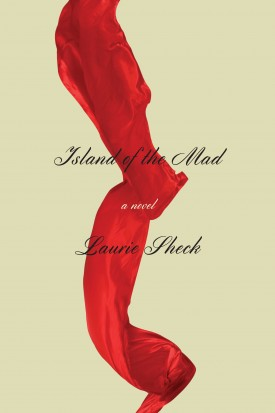 Book you're an evangelist for:
Book you're an evangelist for:
There are certain books I like a lot that I might bring to someone's attention, but everyone has their own particular taste, which is a good thing. Recently I've mentioned The Gorgeous Nothings, which exquisitely reproduces Emily Dickinson's late envelope writings; David Markson's This Is Not a Novel; and the digital piece I mentioned, Sea and Spar Between. All of those, amazements in themselves, also help stretch the notion of what a book or genre is or isn't, in ways I find very exciting. I also do love Dostoevsky's The Idiot very, very much and would like it to be thought of more often than it is.
Book you've bought for the cover:
If I close my eyes and imagine buying a book for its cover, it would most likely be designed by Peter Mendelsund. As it is, I visit his website off and on, for pleasure and also to learn by example as I scroll through his covers and read his very lively thoughts on design.
Book you hid from your parents:
As Bartleby said, "I prefer not to."
Book that changed your life:
Frankenstein led the way to my first hybrid work, A Monster's Notes, which was a life-changing experience for me. When I first read it, my husband had fallen ill and his awkward, hobbled gait somehow reminded me of the "monster" from the movie. I'd never read the book! When I went out and got it, I found it beautiful beyond anything I'd imagined, and the character of the monster indelible, deeply moving; the book moved me in ways that changed and released me as a person and writer. I feel enormous love for it and enormous gratitude. I could say the same of Dostoevsky's The Idiot, which I read some years later, and had a similar, very powerful effect.
Favorite line from a book:
Samuel Beckett's "Ever tried. Ever failed. No matter. Try again. Fail again. Fail better," from Worstward Ho. But it is hard to stop here, as there are hundreds of lines by Dickinson, many of them so long with me they are part of my daily thoughts: "Pain--has an element of Blank--"; "We buy with contrast--Pang is good"; "Glass was the Street--in Tinsel Peril"; "My Barefoot-Rank is better--"; "I always ran Home to Awe when a child, if anything befell me. He was an awful Mother, but I liked him better than none." It's hard to stop! There are billions more.
Five books you'll never part with:
Who knows? So many things change that once seemed unchangeable. Still, I would be surest of my Dickinson poems and letters. And Dostoevsky's The Idiot. Probably the O.E.D., which contains numerous DNA-like fragments of other books. Susan Howe's body of work when one day it's brought together in its entirety between covers. Frankenstein.
Book you most want to read again for the first time:
More than any book in its entirety, I wish I could encounter certain characters for the first time or meet up with them again in new situations: the "monster" in Frankenstein, especially in the passages where he gives voice to his pained bafflement at being abhorred, feared and rejected from the very beginning; and Prince Myshkin from The Idiot, who in his deepening isolation along with the profound experience of his epileptic seizures, has much in common, I have come to feel, with Mary Shelley's mournful, isolate and in certain ways very beautiful "monster."











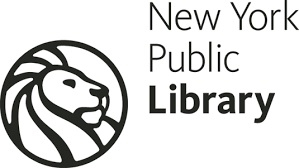

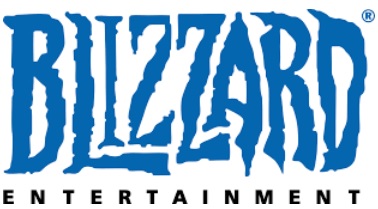 Blizzard Entertainment, the developer and publisher of entertainment software best known for games like World of Warcraft, has launched Blizzard Publishing. The book division will focus on developing and releasing new Blizzard publications and reissuing out-of-print titles in the company's Warcraft, StarCraft and Diablo settings, both directly and through ongoing global partnerships. Publishers Group West will distribute Blizzard Publishing titles.
Blizzard Entertainment, the developer and publisher of entertainment software best known for games like World of Warcraft, has launched Blizzard Publishing. The book division will focus on developing and releasing new Blizzard publications and reissuing out-of-print titles in the company's Warcraft, StarCraft and Diablo settings, both directly and through ongoing global partnerships. Publishers Group West will distribute Blizzard Publishing titles.
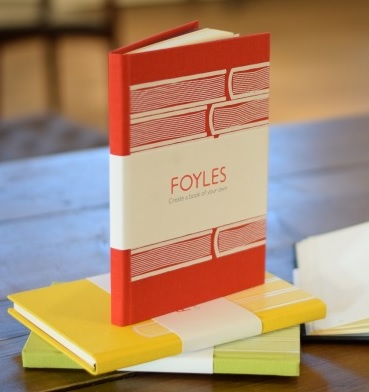 U.K. bookseller Foyles is selling its first
U.K. bookseller Foyles is selling its first 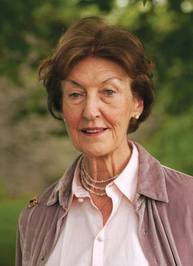
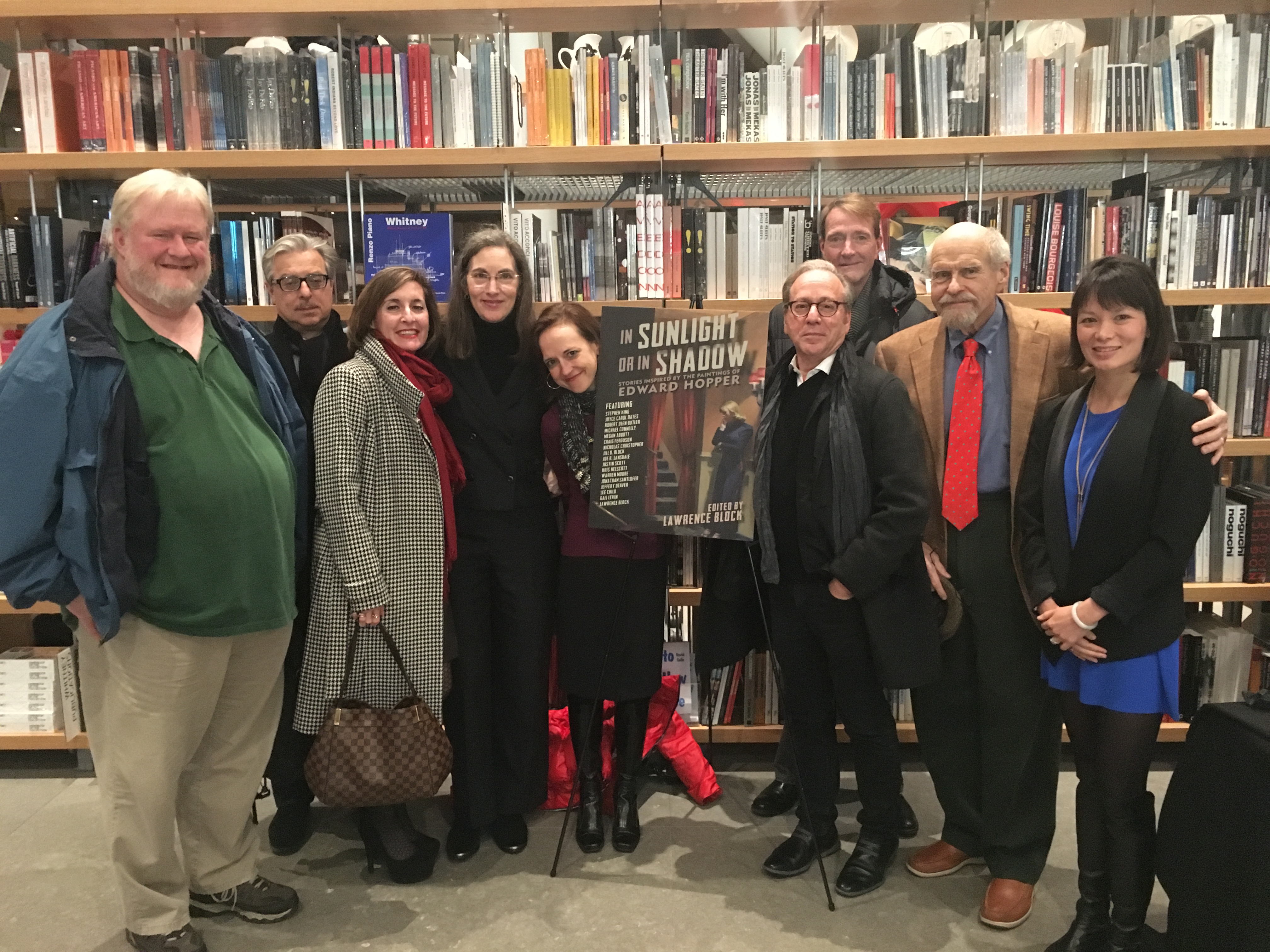 Last Monday, to a sold-out crowd at the Whitney Museum in New York City, Pegasus Books launched
Last Monday, to a sold-out crowd at the Whitney Museum in New York City, Pegasus Books launched 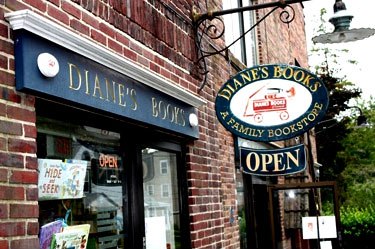 In a holiday season profile of
In a holiday season profile of 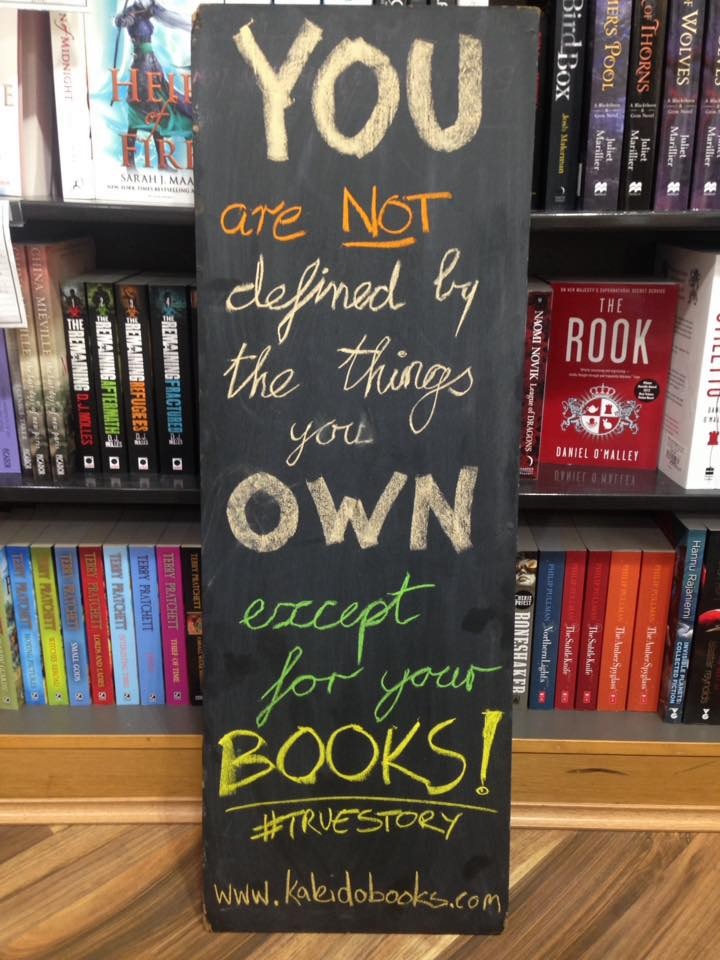 Australian bookseller
Australian bookseller 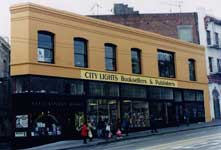 Topping the list was the legendary
Topping the list was the legendary 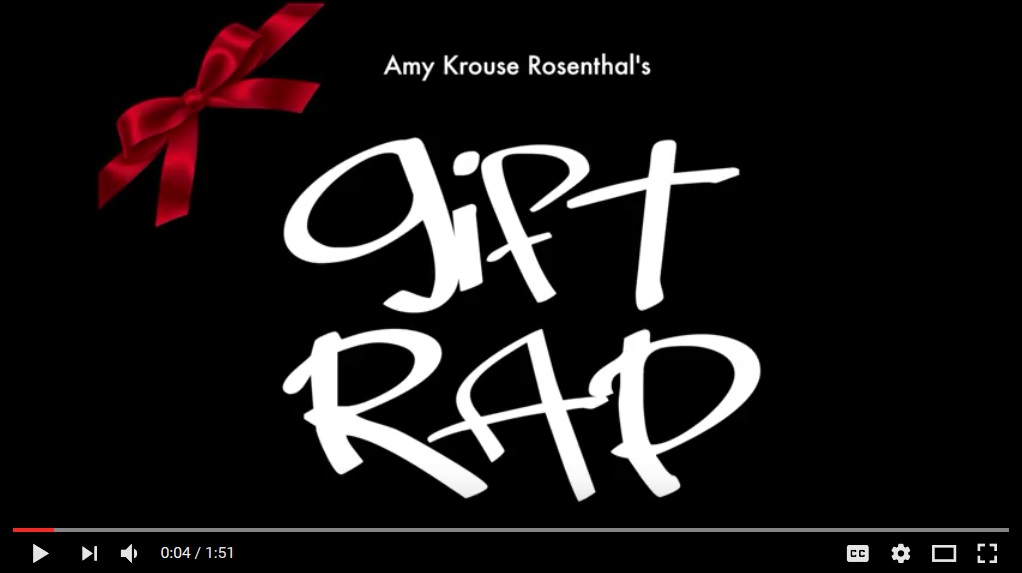

 Book you're an evangelist for:
Book you're an evangelist for: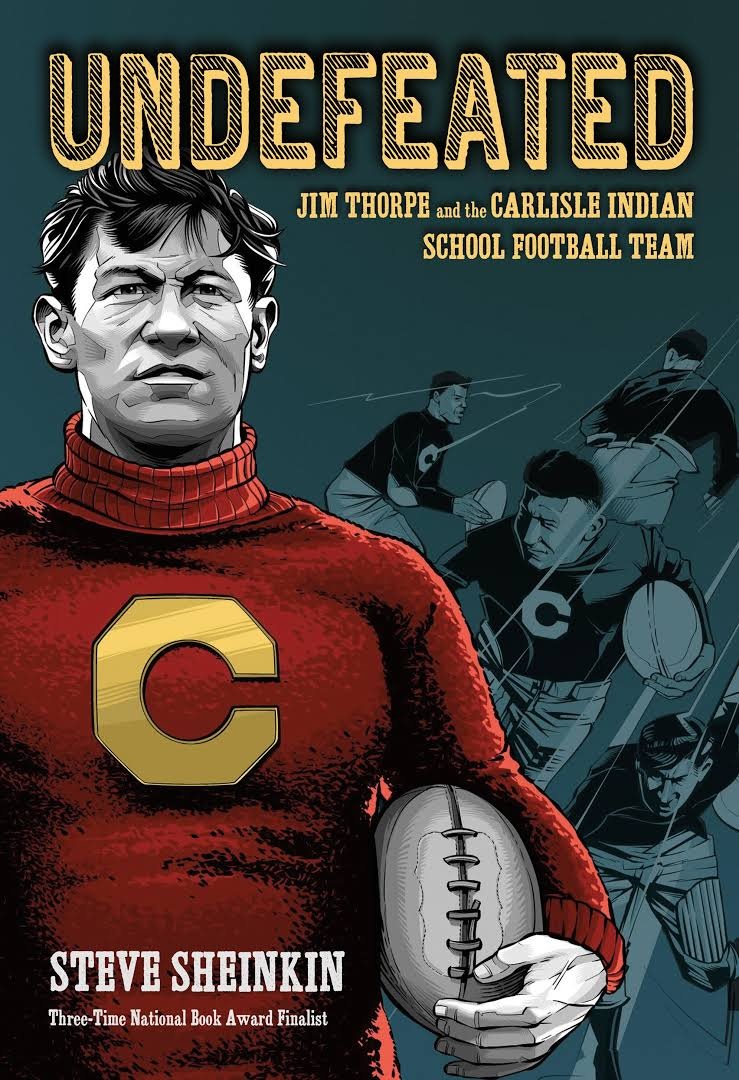 When 19-year-old Jim Thorpe (1888-1955) joined Pennsylvania's Carlisle Indian Industrial School's football team in 1907, it was the fastest team in the country, "the most creative, the most fun to watch." Already the school's track star, Thorpe was, self-admittedly, "a scarecrow dressed for football" when he initially approached Coach "Pop" Warner, who promptly told him to "take a hike." Thorpe persisted, demonstrating "a combination of power, agility and speed Pop Warner had never seen in one player--and never would again." History proved Warner to be football's "most innovative coach"; Thorpe would become "the greatest star the sport had ever seen."
When 19-year-old Jim Thorpe (1888-1955) joined Pennsylvania's Carlisle Indian Industrial School's football team in 1907, it was the fastest team in the country, "the most creative, the most fun to watch." Already the school's track star, Thorpe was, self-admittedly, "a scarecrow dressed for football" when he initially approached Coach "Pop" Warner, who promptly told him to "take a hike." Thorpe persisted, demonstrating "a combination of power, agility and speed Pop Warner had never seen in one player--and never would again." History proved Warner to be football's "most innovative coach"; Thorpe would become "the greatest star the sport had ever seen." 